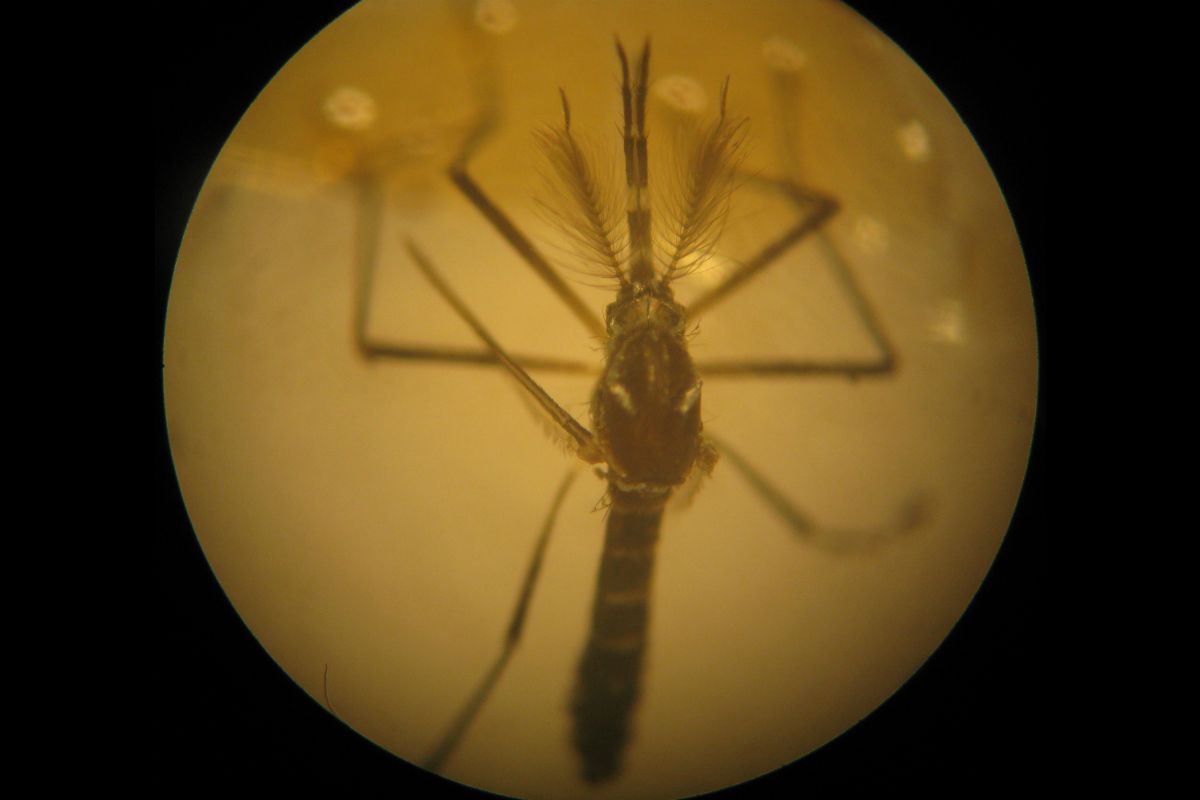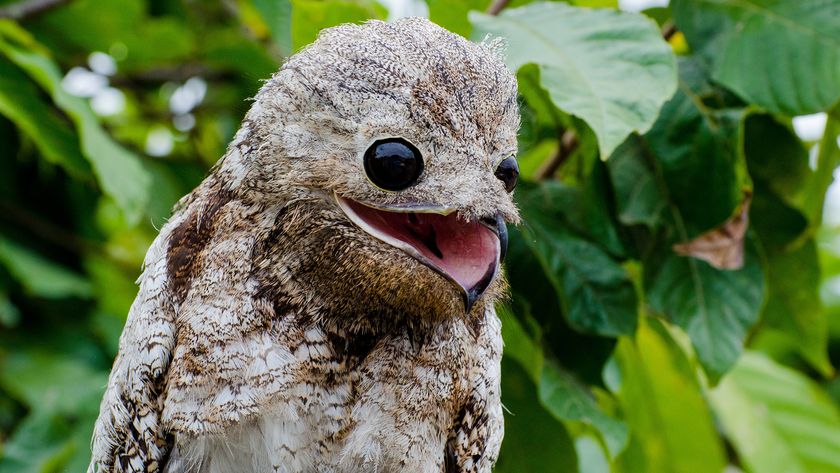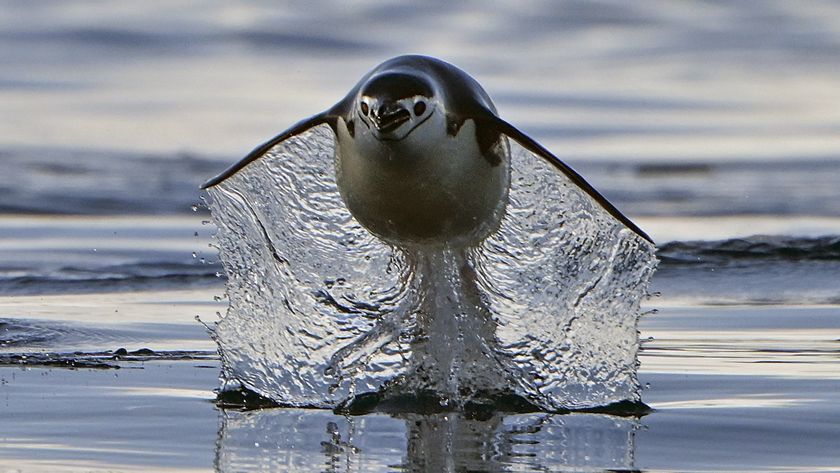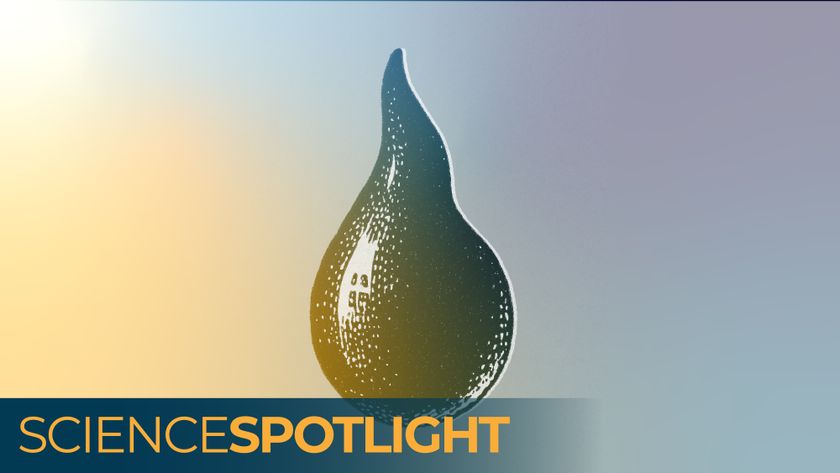Zika Vaccines Are in the Works, But Still Years Away

With Zika virus continuing to extend its reach across the Americas, and a growing body of evidence suggesting that the virus may be responsible for increases in cases of two neurological disorders, demands for a vaccine are urgent.
Infections with Zika are usually mild. Officials' primary concerns about the virus are over its possible links to a birth defect called microcephaly, which causes babies to be born with underdeveloped heads, and Guillain-Barré syndrome, which affects people of any age and can cause muscle weakness and paralysis.
But the road to a vaccine is typically long and expensive, paved with decades of research and testing to confirm a vaccine's protective abilities and safety, said Alan Barrett, director of the Sealy Center for Vaccine Development in Texas. [Special Report: Zika Virus News]
"It takes about 20 years and costs about $1.5 billion," Barrett told Live Science.
However, for Zika virus, existing vaccines and research on other mosquito-borne viruses that are closely related to Zika could greatly expedite the process, Barrett added.
How to make a vaccine
To create a vaccine, Barrett explained, researchers must first identify which parts of the virus can stimulate the immune system enough to trigger it to start cranking out antibodies to provide protection. Then, they must test out injecting these virus parts into animal models, to confirm that the vaccine candidate does indeed induce the immune system to make antibodies, and also that it is safe.
Sign up for the Live Science daily newsletter now
Get the world’s most fascinating discoveries delivered straight to your inbox.
Only then can researchers progress to testing in humans, which goes through several stages: first in groups of 10 to 20 people, then in groups of several hundred, and finally in more than 10,000 people, to show that the vaccine works in large populations, Barrett said.
For vaccines, testing and approval takes longer than for many other drugs because of how long vaccines are expected to remain active in the human body, he added.
"We want it to give you that protection and safety for at least one year, maybe lifelong, so that's why it takes so long to go through the studies, because it's such a high bar you're trying to meet in terms of safety and efficacy," Barrett said.
Thirty-three countries are now reporting local transmission of Zika virus and there are six more with local transmission suspected, according to a Zika Situation Report released Feb. 5 by the World Health Organization (WHO). The first Zika cases reported in the Americas date to January 2014, and since then, the virus's spread from country to country has been steady and swift, the report stated. [Video: Zika Virus - What You Need To Know]
Scientists have been aware of Zika since the 1940s, but as its symptoms are typically mild, the virus wasn't high on the list for vaccine research, Barrett told Live Science. "So our basic knowledge of the virus is very limited, and we're trying to move up from ground zero," he said.
Researchers are working to better understand the possible links between Zika virus and either microcephaly or Guillain-Barré, which have not been proved.
But, meanwhile, there may be groundwork for a Zika vaccine already laid: Researchers have developed vaccines for other flaviviruses — the virus family that includes Zika. This means they may be a few steps closer to finding a vaccine that works on their cousin.
"That's the big hope," Barrett said, "that we can reduce the time to develop a vaccine by taking the work done on these other vaccines and applying them to Zika."
In the works
Sanofi Pasteur, a vaccine development and production company, announced the launch of a Zika vaccine development project on Feb 2. The company's work on vaccines for other flaviviruses — such as those that cause Japanese encephalitis, yellow fever and dengue — provides valuable headway toward a Zika vaccine, said Nicholas Jackson, Sanofi Pasteur's global head of research.
Dengue and Zika share 60 percent of their DNA, and Sanofi Pasteur's recently licensed dengue vaccine, Dengvaxia, is expected to help accelerate the development of a vaccine for Zika, Jackson said. "We can leverage that similarity. We can take the same vaccine technology used in our dengue vaccine, drop in the structural face of Zika and test that very rapidly," Jackson said.
Jackson said that Sanofi Pasteur's researchers have general familiarity with the virus family, and an established infrastructure for testing dengue vaccines also helps. "That gives us a jump-start in what's otherwise a big effort to get going," Jackson told Live Science.
Zika vaccine initiatives were also announced by other companies in recent weeks. Bharat Biotech in Hyderabad, India, says it has two vaccine candidates currently in development. One of those is "an inactivated vaccine, that has reached the stage of pre-clinical testing in animals," the company said in a statement on Feb. 3. GeneOne Life Science in South Korea and Inovio Pharmaceuticals in Pennsylvania are collaborating on a DNA-based Zika vaccine, a new approach proven to have a shorter development track than traditional viral-based vaccines.
The National Institute of Allergy and Infectious Diseases (NIAID) is also pursuing "at least two approaches to a Zika vaccine," Dr. Anthony Fauci, the director of NIAID, said at a Jan. 28 news conference. The agency is researching one vaccine made using the virus' DNA, and another made using live (but weakened) Zika virus.
None of these has reached the stage of testing in human subjects.
"While these approaches are promising," Fauci said at the conference, "it is important to understand we will not have a widely available safe and effective Zika vaccine this year and probably not in the next few years."
Follow Mindy Weisberger on Twitter and Google+. Follow us @livescience, Facebook & Google+. Original article on Live Science.

Mindy Weisberger is an editor at Scholastic and a former Live Science channel editor and senior writer. She has reported on general science, covering climate change, paleontology, biology and space. Mindy studied film at Columbia University; prior to Live Science she produced, wrote and directed media for the American Museum of Natural History in New York City. Her videos about dinosaurs, astrophysics, biodiversity and evolution appear in museums and science centers worldwide, earning awards such as the CINE Golden Eagle and the Communicator Award of Excellence. Her writing has also appeared in Scientific American, The Washington Post and How It Works Magazine. Her book "Rise of the Zombie Bugs: The Surprising Science of Parasitic Mind Control" will be published in spring 2025 by Johns Hopkins University Press.










